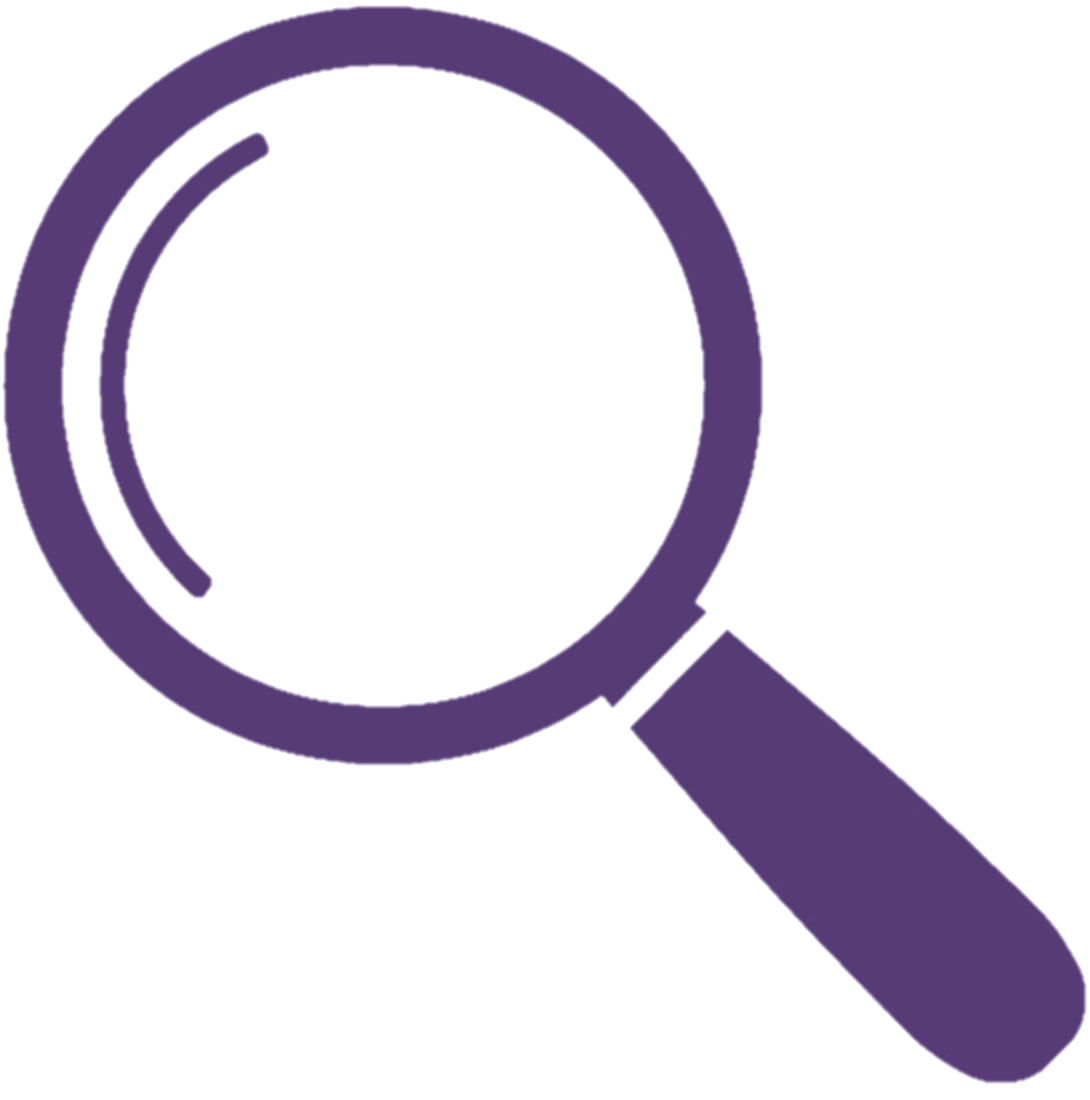Job closed
The job you tried to access has closed for applications and is no longer being advertised.
Want to find another job like this one? Try searching for similar jobs on  Careers.Vic.
Careers.Vic.
The job you tried to access has closed for applications and is no longer being advertised.
Want to find another job like this one? Try searching for similar jobs on  Careers.Vic.
Careers.Vic.